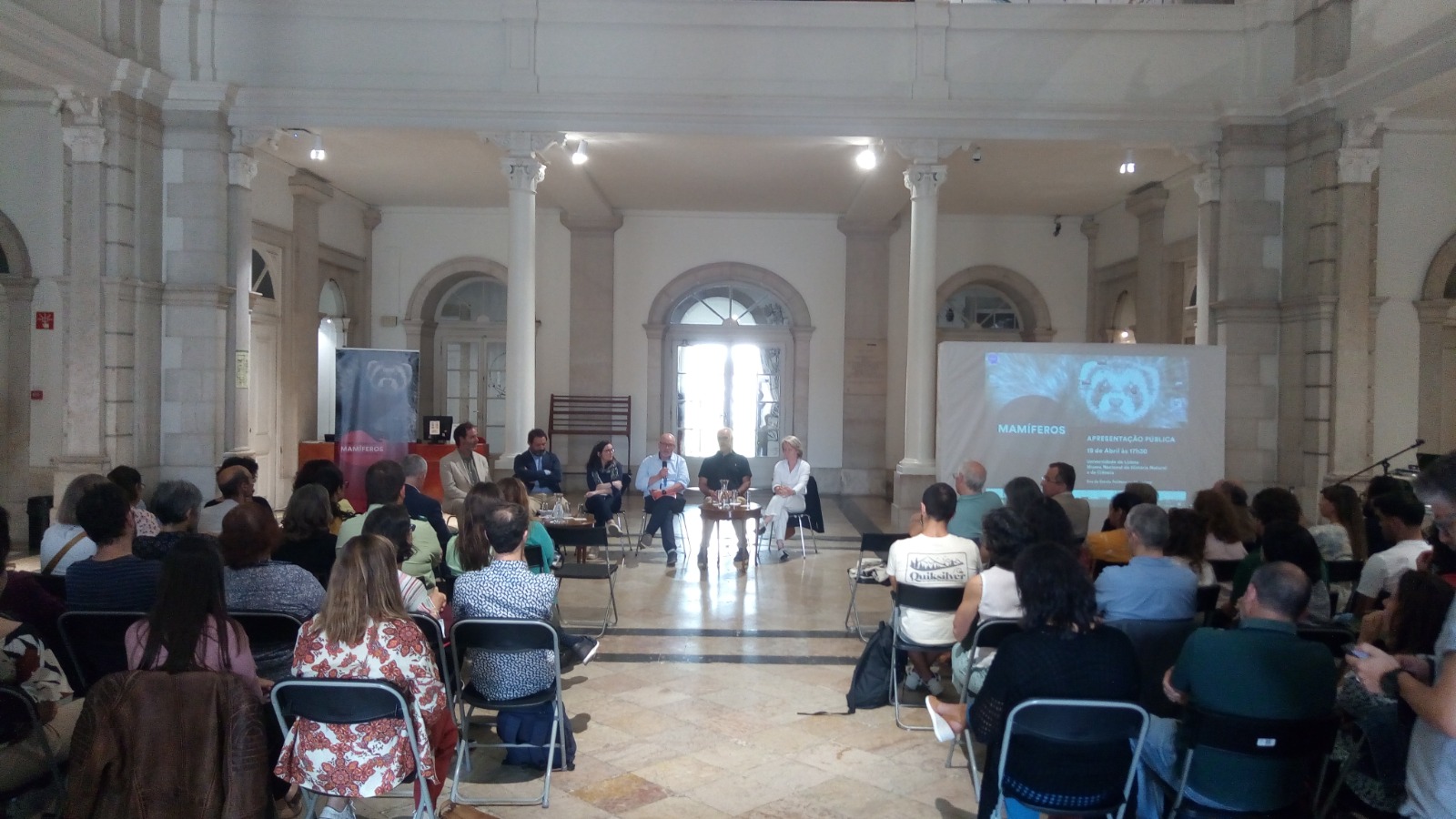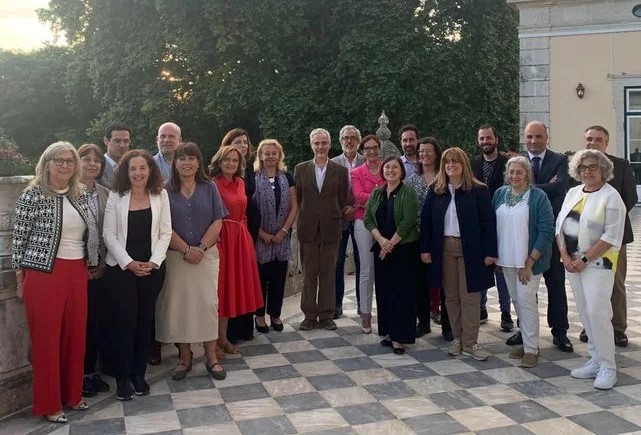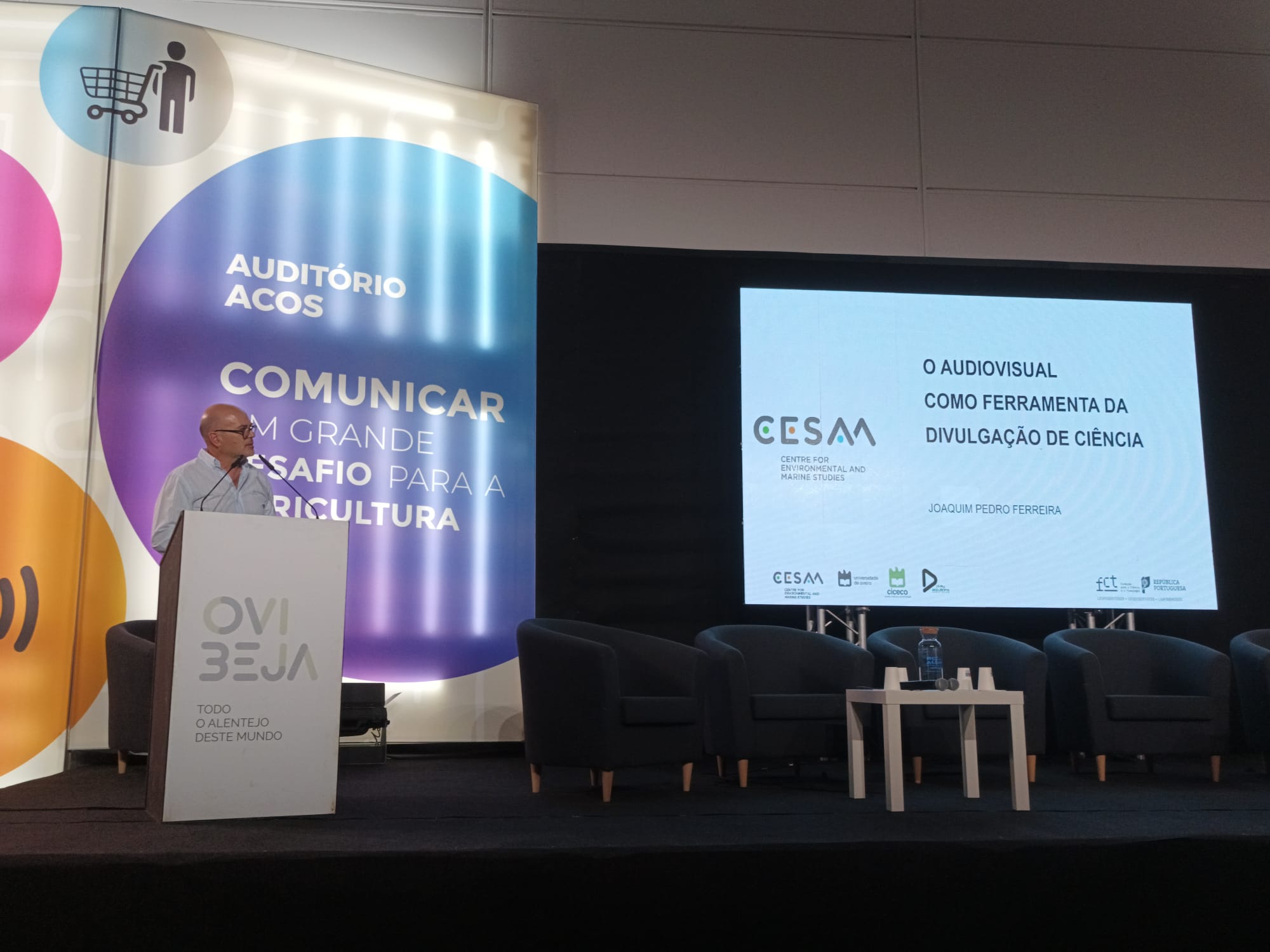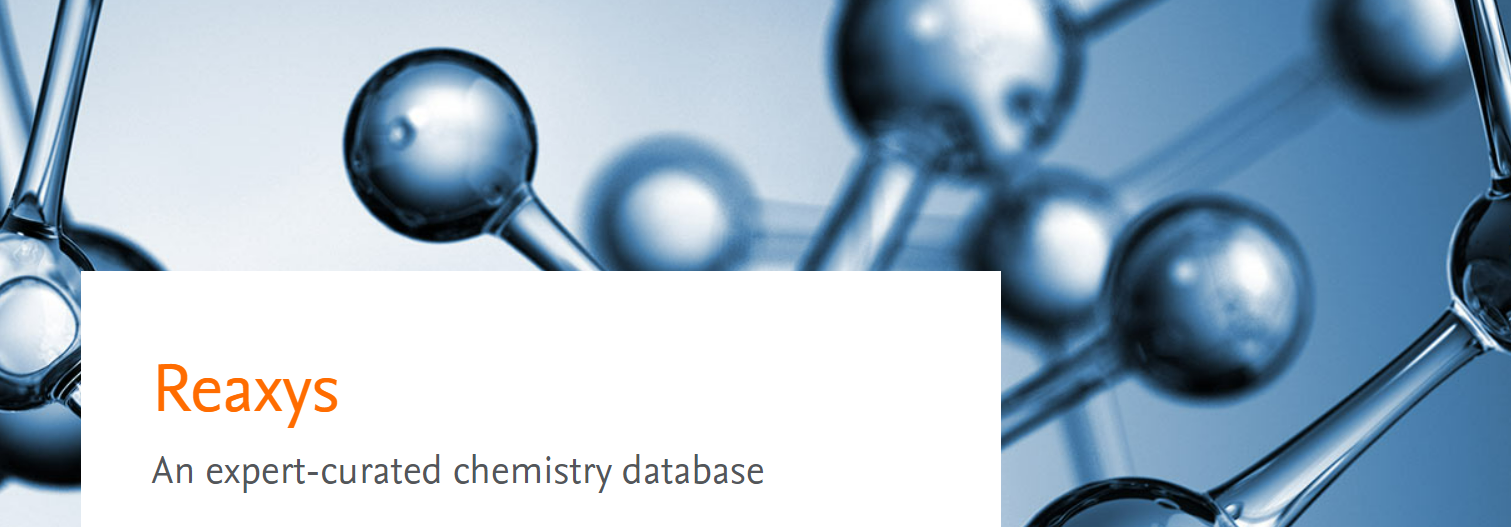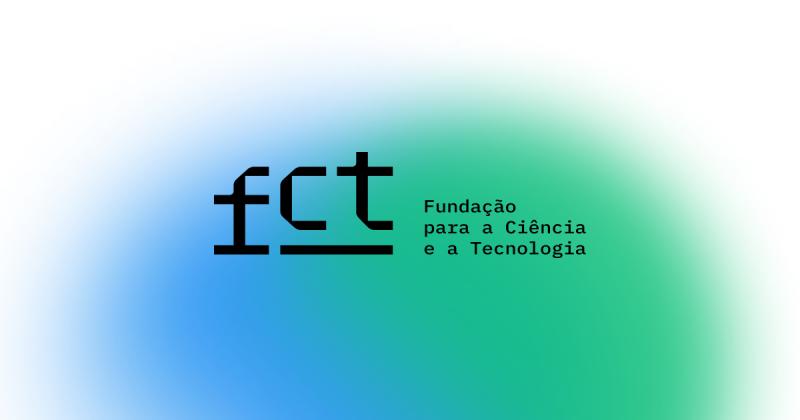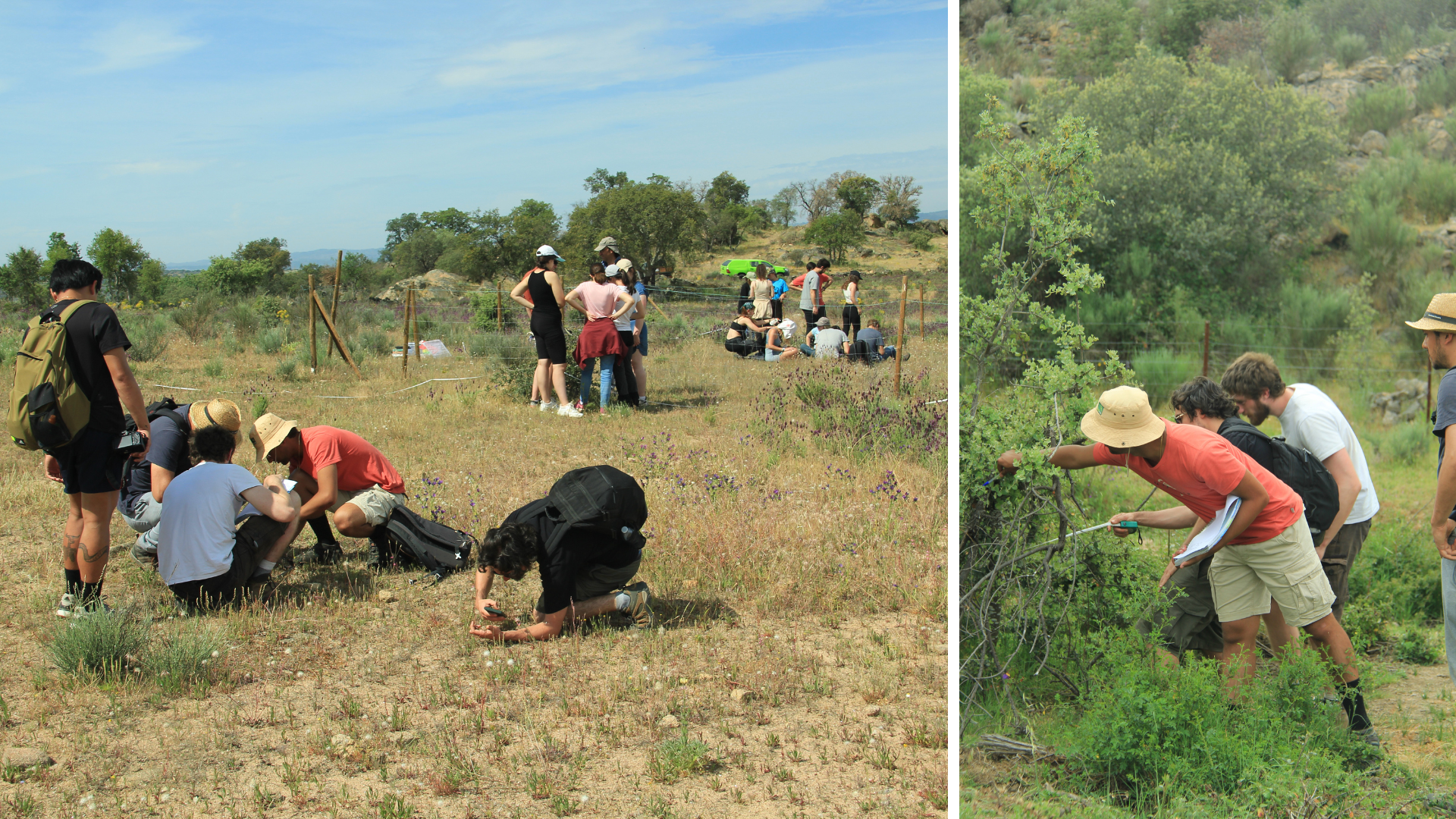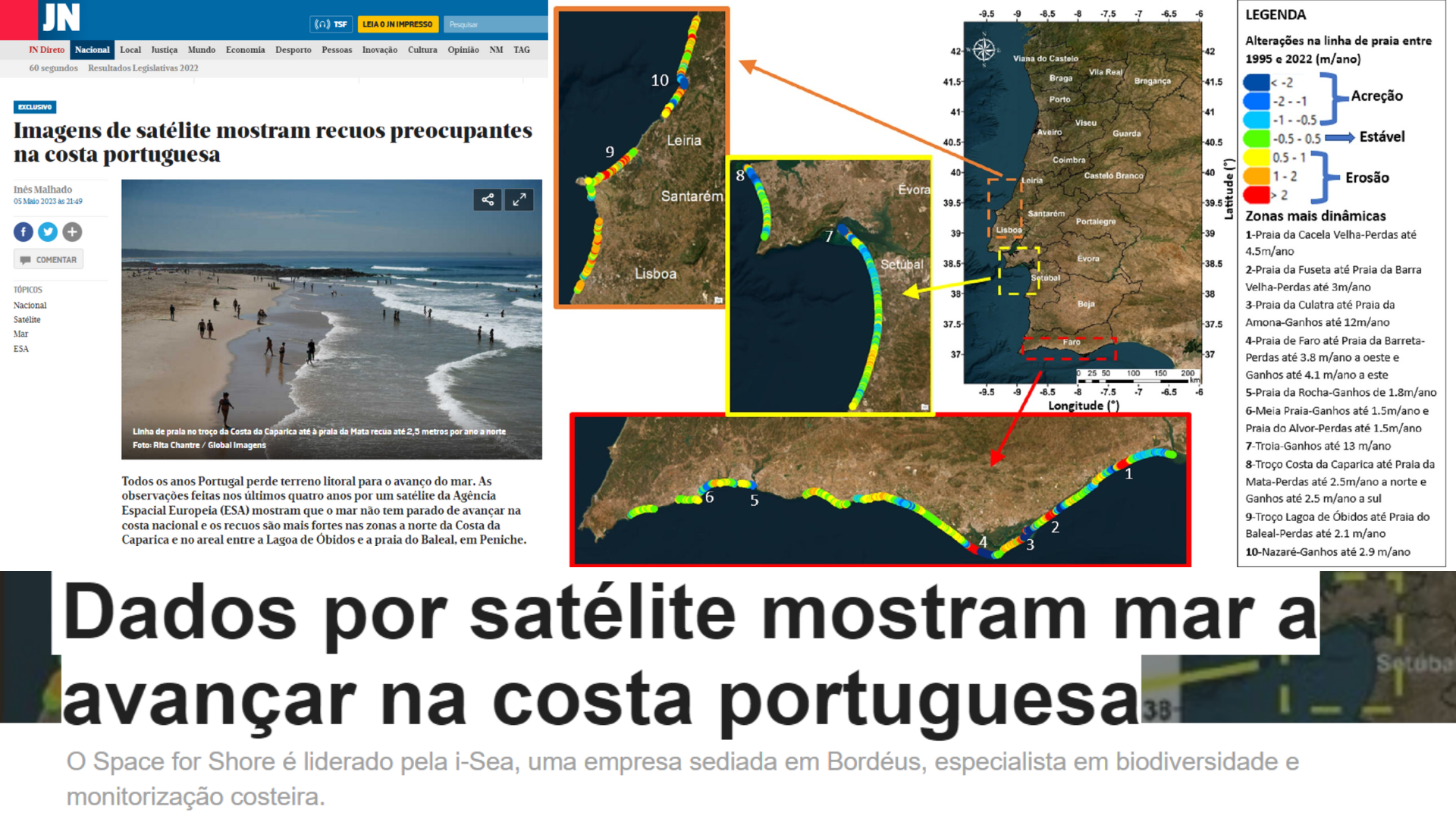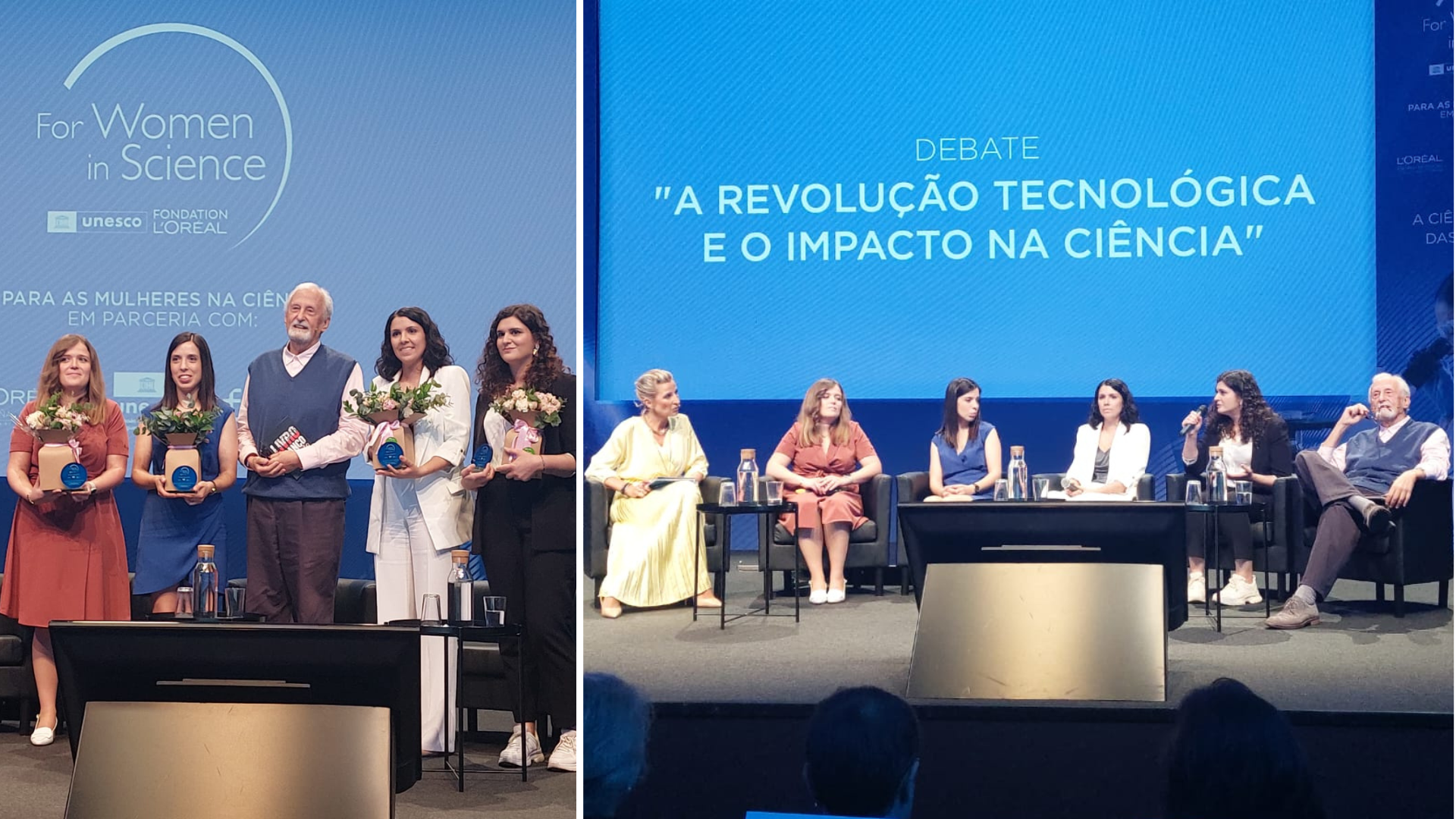On April 18th, the presentation ceremony of the Red List of Mammals of Mainland Portugal took place at the National Museum of Natural History and Science. The event, featuring several speakers, included the presence of the general coordinator of the project, Maria da Luz Mathias (CESAM/FCUL).
The Center for Environmental and Marine Studies (CESAM) and the Center for Ecology, Evolution, and Environmental Changes (cE3c) were the organizations responsible for the scientific coordination of this project. The project’s beneficiary is FCiências.ID – Association for Research and Development of Sciences, and the partner is ICNF – Institute for Nature Conservation and Forests.
The Red List is a public document created to record rare and threatened species of plants and animals, as well as some local subspecies, present in a specific region. It serves to classify wild species that inhabit a territory based on their risk of extinction within a given period.
These assessments inform decisions regarding nature conservation policies and generally catalyze projects and actions aimed at preserving biodiversity. The assessment can be done at the global and regional levels (by countries or regions) and is an important tool that provides information about species distribution, population size, habitat and ecology, uses, and threats.
Each species is assigned a category according to the risk of extinction they face: Critically Endangered, Endangered, Vulnerable, for example. These categories are based on the criteria of the International Union for Conservation of Nature (IUCN), which apply to all species. This allows for comparisons between analogous situations, and whenever more information becomes available, the threat statuses can be updated.
For additional information about the project, please visit this link.
